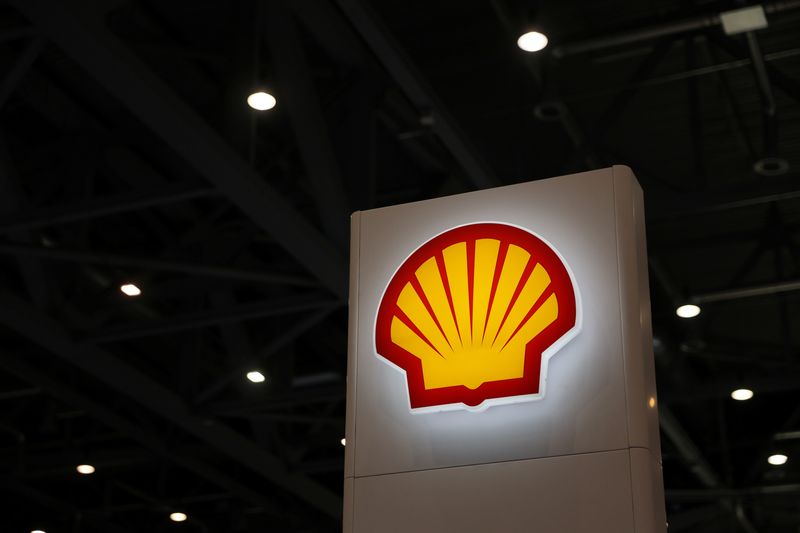
© Reuters. A Shell logo design is visualized throughout the European Service Air Travel Convention & & Exhibit (EBACE) in Geneva, Switzerland, Might 23, 2022. REUTERS/Denis Balibouse
LONDON (Reuters) – Shell (LON:-RRB- investors need to vote versus an environment activist resolution looking for much faster emissions cuts, proxy advisory company Institutional Investor Provider (ISS) stated on Saturday, while acknowledging the benefits of the proposition.
Shell financiers will vote at a yearly basic conference on May 23 on a resolution submitted by the Follow This activist investor group which asks the energy giant to line up with the 2015 Paris environment offer.
Researchers state the world requires to cut greenhouse gas emissions by around 43% by 2030, from 2019 levels, to have any hope of satisfying the Paris Arrangement objective of keeping international warming well listed below 2C above pre-industrial levels.
Shell intends to cut the strength of planet-warming gases throughout its portfolio and using its items by 20% by 2030 and 100% by 2050. It has actually dismissed setting outright emissions cuts targets, consisting of the combustion of its items.
Determining emissions by strength suggests a business can technically increase its nonrenewable fuel source output and total emissions while utilizing offsets or including renewable resource or biofuels to its item mix.
Shell has actually suggested its investors vote versus the Follow This proposition.
ISS, whose suggestions guide lots of financiers’ ballot, stated Follow This’s “argument that strength metrics are not a replacement for outright metrics is totally legitimate” and is echoed by ISS analysis.
It stated the benefits of the activist resolution are “totally accepted” however if embraced it would “represent a modification in technique from the one that Shell has actually embraced” which is why ISS suggests a vote versus it.
At Shell’s 2022 investor conference, Follow This gotten 20% of votes, below 30% the previous year.
In 2021, a Dutch court judgment, still in appeal, informed Shell to minimize greenhouse gas emissions in outright terms by 45% by 2030 throughout the whole lifecycle of its hydrocarbons.
.